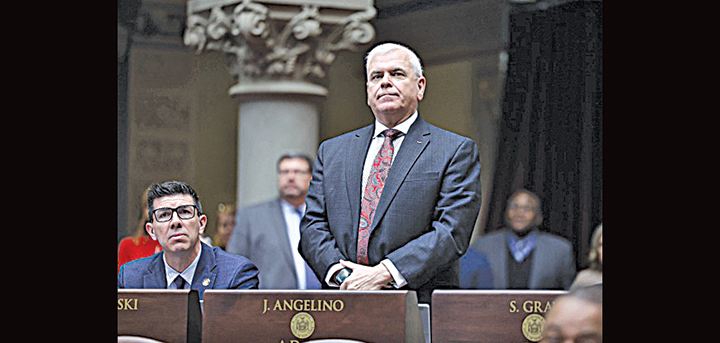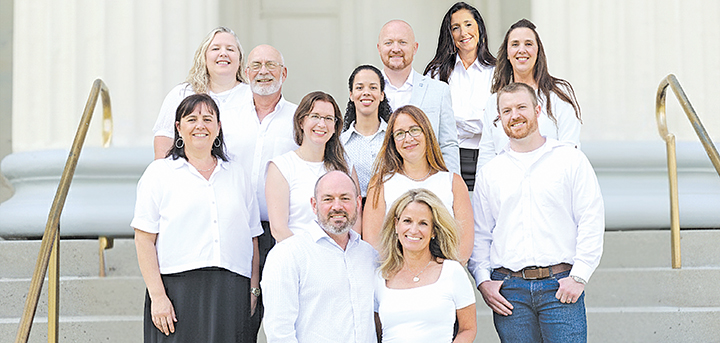Media shield law in the pipeline
On the campaign trail, there is much talk of bipartisanship, but back on Capitol Hill, that spirit has vanished. The latest example: collapse of Senate negotiations to help homeowners threatened with foreclosure.
However, one important piece of legislation does command strong support across party lines: a federal shield law giving journalists greater protection from overzealous lawyers and prosecutors trying to pry loose their confidential sources. Congress should pass it, and quickly.
Forty-nine states (Wyoming is the exception) provide journalists with some form of safeguard, but none exists on the federal level. A measure closing that gap passed the House last fall, 398 to 21, and a similar bill cleared the Senate Judiciary Committee, 15 to 2. Sen. John McCain recently joined his Democratic rivals in supporting a shield law.
In a speech to the Associated Press annual meeting, McCain warned that such a law could give journalists “a license to do harm.” But the benefits outweigh the costs, he said, because such a measure was also “a license to do good, to disclose injustice and unlawfulness and inequities, and to encourage their swift correction.”
The Bush administration has staged a fierce counterattack against the proposal, and that’s no surprise. This White House has always embraced secrecy and rejected accountability. The last thing it wants is “swift correction” of its own unjust and unlawful actions.








Comments